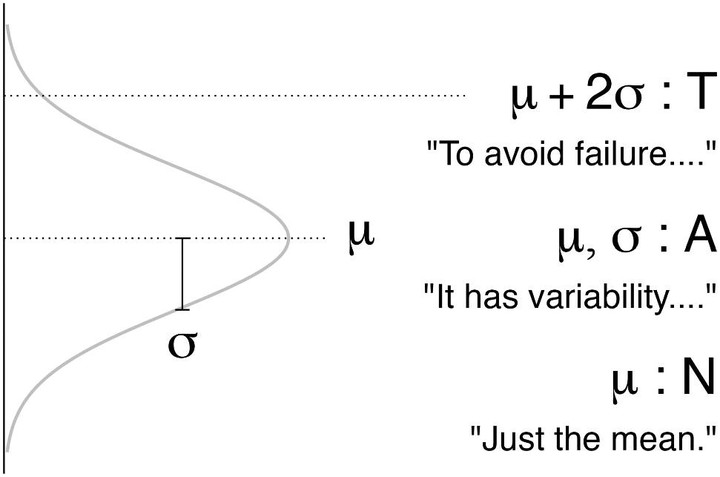Qualitative Research on Engineering Practice
 Cause-Source framework for uncertainty in engineering
Cause-Source framework for uncertainty in engineering
Project Features
- Conducting interviews with practicing engineers
- Coaching students in reflective practice to study their own learning
- Developing theoretical frameworks to understand engineering practice
- Designing and testing educational interventions to improve engineers’ understanding of uncertainty
Project Background
Engineers are responsible for delivering safe, efficient solutions. For instance, automobile manufacturers need to design cars that are light enough to be gas-efficient, but still sturdy enough to protect the passenger. A complication in this design process is uncertainty: No engineer can predict with 100% confidence what a driver will do with their car, or what conditions it will encounter. Traditionally, engineers handle uncertainty by “overdesign”—making things heavier than they need to be. However, scientists from other disciplines (such as statistics) have more efficient ways to handle uncertainty. A better understanding of uncertainty—and how engineers themselves react to it—will lead to safer, more efficient engineering designs. Achieving these efficiency gains is critical for solving important issues, such as technological responses to anthropogenic climate change.
Project Activities
Students in this project will engage in reflective practice to understand their own learning experience. This self-focused research technique allows us to see when students notice uncertainties (or don’t!) in their engineering classes. These insights help us make recommendations on how to improve engineering education.
Past project activities have included conducting interviews with practicing engineers, and qualitative data analysis using grounded theory techniques.